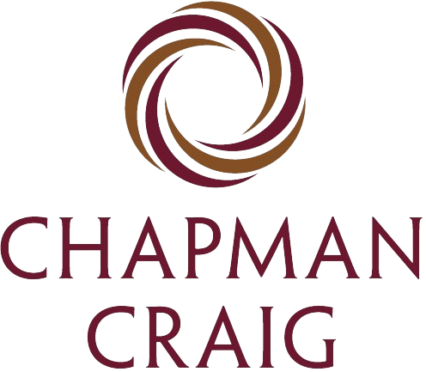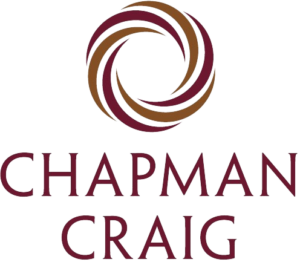If you use a BVI (or comparable) company to hold an investment account then you may have recently received a, possibly confusing, letter from your corporate services provider. The letter likely described a new set of rules that cover a specific set of activities, referred to required levels of employees, premises and activity in the offshore jurisdiction along with a compliance warning and perhaps provided a recommendation.
This new “Economic Substance” regime will create some compliance and tax issues for those with complicated structures, but they need not create as much difficulty as you may initially have feared.
Background
In the late 1990’s, the OECD began initiatives addressing many practices of multi-national companies and wealthy families that were identified as being used to avoid taxes. Many of these practices are legal tax avoidance schemes that take advantage of gaps created because the domestic tax systems of different countries treat certain types of income or transactions inconsistently.
The OECD’s objectives include greater transparency and better alignment of domestic tax regimes, especially with respect to income-producing activity that is geographically mobile (e.g., royalty and licensing payments, inter-affiliate loans, trading units). In 2013, the OECD and G20 countries adopted a 15-point Action Plan.
Action 5, describing the proposed economic substance rules, primarily addresses entities within corporate groups that facilitate the shifting of profits to low-tax jurisdictions, potentially eroding the tax base where the key income generating activities actually occur.
The OECD was not focused on personal holding companies (“PICs”) when devising this new regime. Most of their initial work for Action 5 was actually focused on intellectual property rights and associated transfer pricing / income shifting. And while PICs are often associated with tax evasion, the Common Reporting Standard and other AML regulations are seen as adequate to deal with transparency issues for this type of vehicle.
However, your PIC may not look much different, superficially, from the shell companies actually targeted by these rules and as a result may be drawn into these rules.
Application
Broadly, the EU supports the principle that companies pay taxes in the jurisdictions in which their commercial activities generate income; and when taxpayers claim that income is actually generated in low-tax jurisdictions, that they demonstrate that real income generating activities actually occurred to those jurisdictions – thus the “economic substance” moniker.
The EU / OECD has issued guidelines as to the type of activities covered and rules that would be helpful to demonstrate substantial economic activity. At the same time, they threatened to black-list those countries that did not commit to introducing such helpful domestic regulations.
The so-called “offshore jurisdictions” have been surprisingly compliant and all of the well-known places (e.g., BVI, Cayman, the Crown Dependencies) have responded with proposed changes to their domestic rules.
For example, the BVI enacted an economic substance reporting regime effective January 1, 2019, although the draft code was only introduced in April and the final Rules in October, 2019.
Impact on a Typical PIC
There are nine categories of “relevant activities” covered by the rules. If your PIC is caught in these rules, then it would likely be as a holding company – described more specifically as a “pure equity holding entity”. Assuming your PIC holds equity investments in a passive nature, then there are three general considerations:
First, the new rules might not even apply to your PIC. This relevant activity is defined as holding only equity investments.
Some corporate service providers are suggesting that the least disruptive non-equity asset classes to add to an otherwise all-equity portfolio include bonds or bank accounts. (There is the issue of proportionality – i.e., what size is required to establish a true “investment” in the context of the total portfolio). The purpose of adding other sources of income is to remove the PIC from the scope of the regime itself.
Second, even if your entity is a pure equity holding entity, then the entity may be tax-resident somewhere else. This doesn’t remove your PIC from the reporting regime, but you will not be required to demonstrate economic substance.
It would greatly assist if you had actually filed a tax return in that other jurisdiction. If not, your corporate services firm will likely ask you to get a tax certificate. Those might be difficult to obtain without a real economic connection to that jurisdictions.
Finally, your entity, even if caught within the new rules, likely meets a reduced threshold to show the economic substance designed for passive pure equity holding entities.
For example, unlike the other eight categories of relevant activities, there is no requirement that your entity be directed or managed from within the BVI.
Many commentators believe (and the final BVI Rules strongly suggest) that passive PICs that
- have a local registered agent with suitable local premises and staffing (and that ensures mandatory filings are completed), and
- comply with the general statutory requirements for BVI companies,
should meet that threshold.
The primary practical impact for you may be a modestly higher annual corporate services fee.
If you have a PIC incorporated in any of the jurisdictions imposing economic substance reporting requirements, then you probably need to seek specific professional advice, at least for the first reporting cycle.
This note is not intended to be advice in any form (except that you should seek advice). There are complicating aspects of the new economic substance rules and the rules and definitions are not uniform from one jurisdiction to another.
Click here to download a PDF version of this article.



